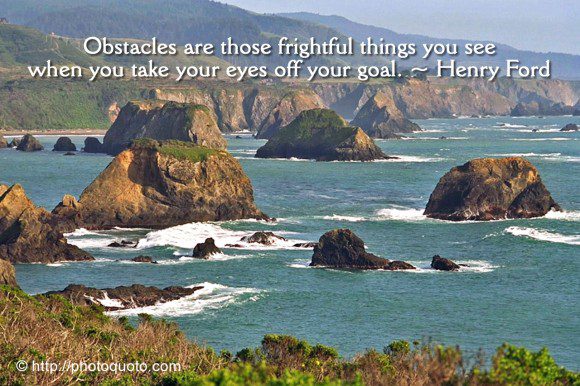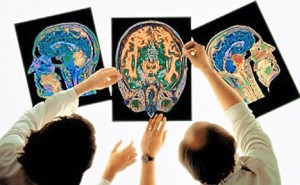Originally posted 2012-02-24 11:18:39.
 Soul Correction/Soul Purpose: FERTILITY: how to get fertile, body mind and spirit.
Soul Correction/Soul Purpose: FERTILITY: how to get fertile, body mind and spirit.
If we believe that WE are the ultimate source of our abundance, blessings, and miracles, then our lives inevitably become as barren as a desert. Souls become sterile due to inflated self-importance.
Giving birth to children, giving birth to new ideas, or giving birth to a business solution all require the divine force of fertility, directly from Source.
Giving birth is NOT recycling, it’s not rehashing, it is not making it up. A new human being is brand new, it is the birth of something special, unique, a never repeatable miracle. You can’t make another one, just like that.
Continue reading “Soul Correction: Fertility. Fertility or infertility as a spiritual phenomenon”












